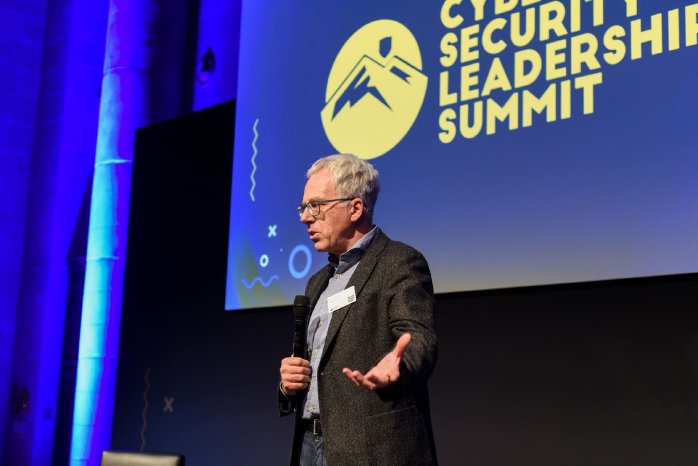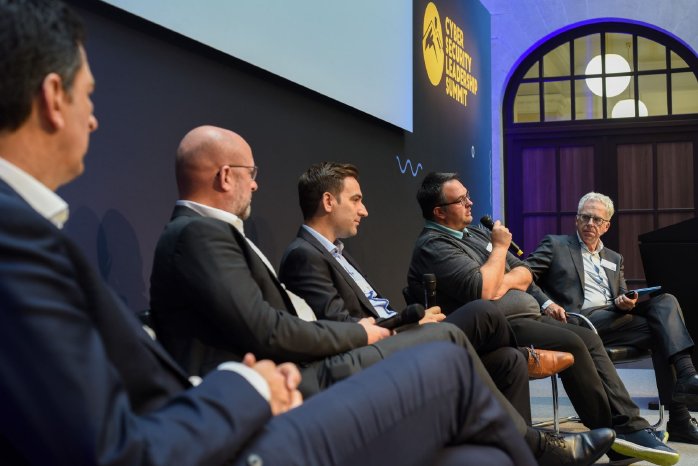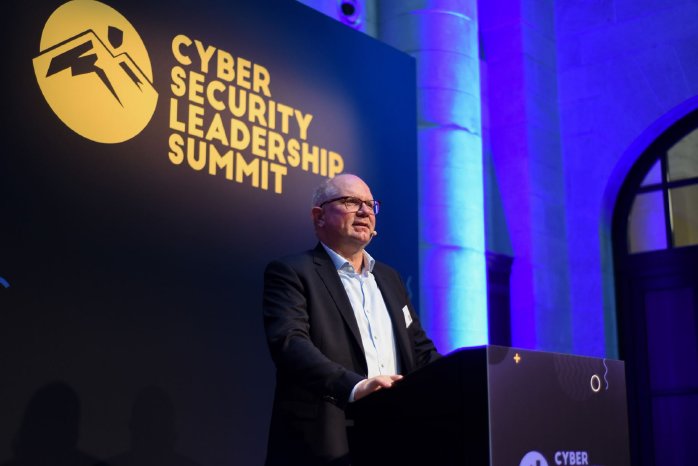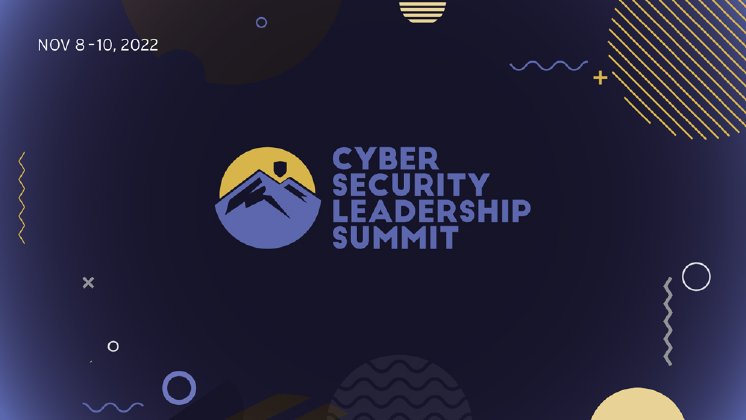With the wide adoption of hybrid IT infrastructure and working practices, and the rise of cyberwarfare techniques and tactics, cybersecurity is an ever more critical topic. Cybersecurity leaders play a critical role in society and this role is becoming increasingly visible under the spotlight of the the current threat climate. To answer questions about the evolution of their role, this year’s Summit was centered on the future of the role of the CISO and of cyber leaders in these troubled times. ”The CISO’s role is not just a technical one anymore,“ said Berthold Kerl, KuppingerCole’s CEO. “The CISOs are now also team leaders, and they need to display adaptability, negotiation skills and communication abilities“. In this regard, the conference’s agenda focused on the CISO’s key capabilities: Leadership, Resilience, and Technical Skills.
Discussions around leadership focused on the challenges faced by cyber leaders in a fast paced, ever changing threat landscape. The need to rise above an apparent overload of data to understand patterns and types of attacks is more than ever of critical importance. Cybersecurity leaders discussed methods, approaches, and the trends in cyberattacks.
Cybersecurity leaders, however, remain realistic: some attacks will be successful. A key part of every cybersecurity strategy is the ability to limit damage and to foster resilience in the face of an attack. This key skill was further explored in the resilience track of the conference, where experts discussed news approaches to resilience and emphasized the dynamic nature of this skill. Experts pointed out the shift towards cybersecurity strategies at the heart of business approaches. “Cybersecurity continues to up its game and is finally moving beyond defense to a more comprehensive, business focused approach” explained Warwick Ashford, senior analyst at KuppingerCole.
As IT remains a fundamental skill of every cyber leader, a track focusing on this subject allowed attendees to exchange information on new security technologies and trends. Experts discussed new solutions and innovative architectures aimed at supporting cybersecurity professionals in an increasingly complex threat environment. “Cybersecurity must and will leverage an increasing amount of automation to come to terms with the ever-increasing number of threats and the growing attack surfaces” said Matthias Reinwarth, senior analyst at KuppingerCole.
The conference also allowed attendees to reflect on the future of the industry. “The shift from a technical to a business perspective on cybersecurity is remarkable,” said Martin Kuppinger, principal analyst and co-founder of KuppingerCole. “Cybersecurity, for long, has been focusing primarily on technical aspects such as attacks and countermeasures. However, with the C-level of organizations and the boards looking at cybersecurity, the aspects of business risk and business impact, of incident response, and of portfolio optimization, now play a central role, with the Zero Trust model having become the established architectural principle.”
“Cybersecurity concepts will need to be adopted in even more areas, with IT technology becoming increasingly important in non-IT spheres such as entertainment, education, or healthcare” added Matthias Reinwarth, senior analyst of the company.
The recordings of the conference can be accessed here.





